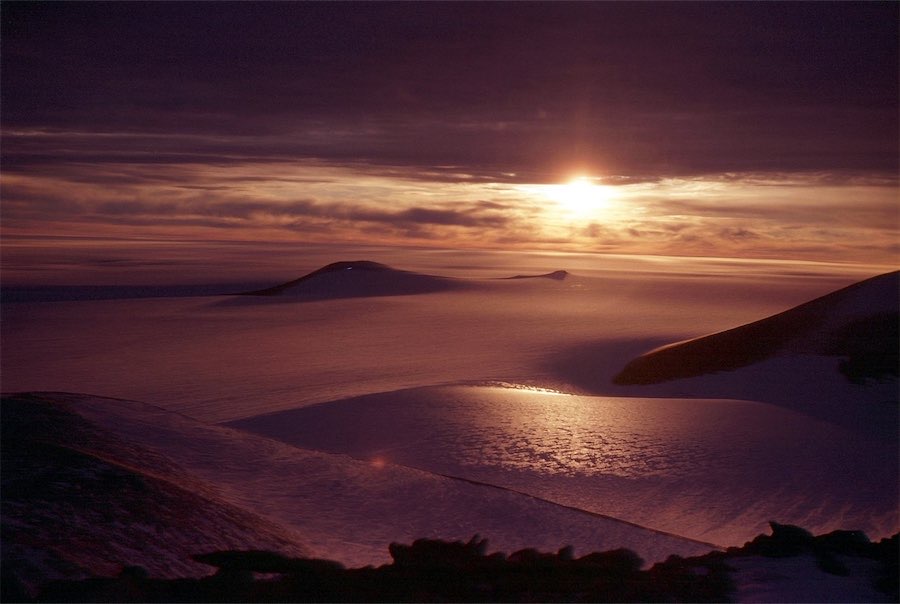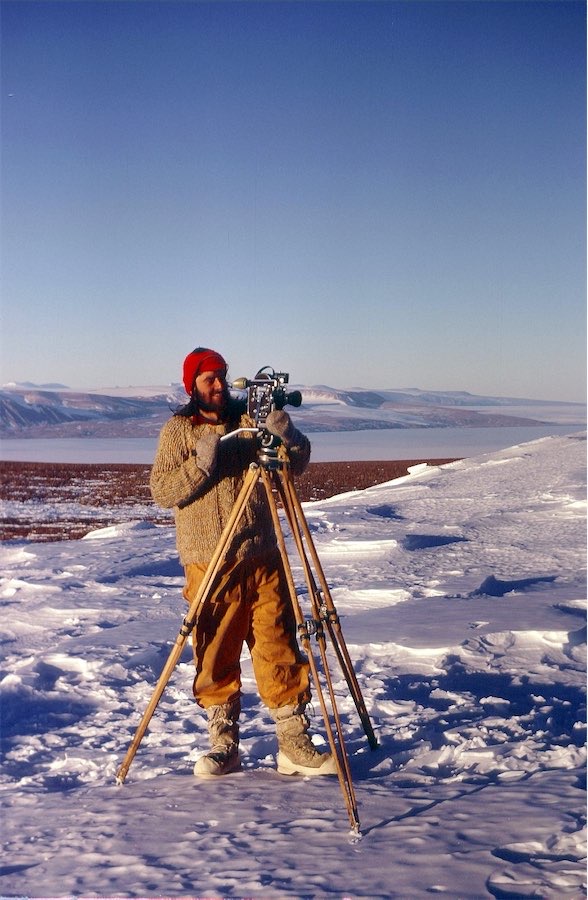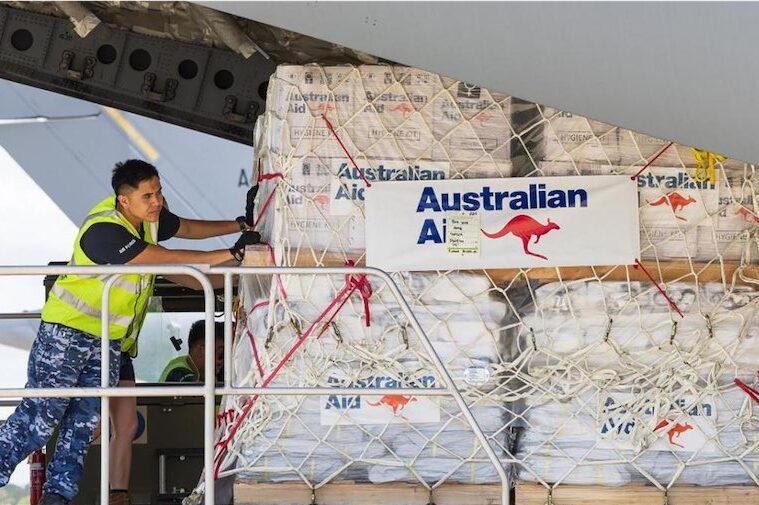
A GROUP of returned Antarctic explorers are giving one lucky ACT college student the chance to fly above the frozen continent in November and experience the wonders of the largest mass of ice in the world.
Open to year 11 and 12 students, the winner will be chosen based on an essay written about why they wish to go and will get to fly over the continent for four hours witnessing vast frozen cliffs, glaciers, mountains rising out of the ice and, if lucky enough, some of the land’s stunning wildlife.
“There’s no cause more worthy than the college kids coming through the system, they’re the ones going to save the world,” says Malcolm Robertson, co-ordinator of the Australian National Antarctic Research Expeditions (ANARE) club Canberra, which is behind the initiative.
Nationally turning 70 this year, the ANARE club was formed for those returning from the freezing wilderness to share experiences and promote Antarctic endeavours.
As a graduate geophysicist in 1969, Malcolm would make his own journey to Antarctica, a landscape he describes as “cold and lonely but undeniably stunning.”
“I was at Australia’s Mawson Base for 15 months from November, 1969, through to March, 1971, and the environment was just spectacular, it was an incredible experience,” he says.

Mawson Base is one of only four research stations belonging to the Australian Antarctic Division on the 14.2 million square kilometre landmass.
It’s named after Australian explorer Douglas Mawson who, in 1907, boarded “Nimrod”, a ship under the command of Anglo-Irish explorer Ernest Shackleton that sailed a crew across the wintry ocean to explore the continent.
On the expedition, Mawson would be among the first people to ever trek to the South Magnetic Pole and climb Mount Erebus, the world’s southernmost active volcano and Antarctica’s second highest.
In 1912 he’d return to the continent leading his own expedition to charter more territory and conduct more research, braving “herculean gusts”, as he described them, that could blow up to around 300 km/h.
The trip was marred by the tragic deaths of two members who fell into a crevasse, leaving Mawson alone and forcing him to make an arduous solo trek back to base.
Upon his return home, he would be knighted for his efforts and became entwined with Australian history.
Thanks to Mawson and many other expeditions, Australia today lays claim to about 42 per cent of Antarctica, or around six million square kilometres, the most of any country.
“If we wish to claim our segment of Antarctica for Australia then we need to be seen to be doing something at the moment that is useful for the continent,” says Malcolm.
That will indeed be the very thing he and the selection committee are looking for in the essays of students looking to win the flight.
“Climate change and increasing global temperatures are already having a major impact with consequent issues for Antarctic biology and sea levels globally,” says Malcolm.
“As we warm the planet the Antarctic ice is going to melt and if we get to a point that scientists describe as a tipping point you can’t stop it.
“It’s happened in the northern hemisphere, the Arctic ice has retreated so far it doesn’t look like it’ll come back again.”
The ANARE Club Canberra also believes that the continent’s growing human population, with increasing expectations for living standards, is putting pressure on resources and may lead to exploitation in the world’s last natural pristine wilderness.
While this is currently prevented under agreements that form the International Antarctic Treaty System, Malcolm says the system is not absolute, nor robust and may falter at any stage.
“It’s very hard in the space of increasing human occupation of the planet to keep anything in a pristine state,” says Malcolm.
“I think a student flying over Antarctica with that in the back of their mind could be a powerful thing, maybe a humanities student, or a geography student, or someone interested in international relations.
“We are looking for reflection on how the experience would help them make the world a better place.”
Applications close on October 8 and more info is at anareclub.org/australian-capital-territory
Who can be trusted?
In a world of spin and confusion, there’s never been a more important time to support independent journalism in Canberra.
If you trust our work online and want to enforce the power of independent voices, I invite you to make a small contribution.
Every dollar of support is invested back into our journalism to help keep citynews.com.au strong and free.
Thank you,
Ian Meikle, editor




Leave a Reply